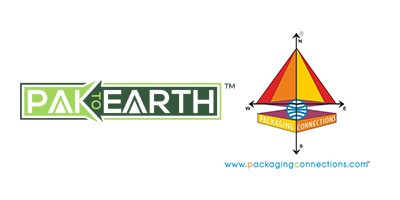Edible, biodegradable, anti-microbial pl...
Given all these drawbacks, reducing the use of fossil fuels to produce plastic is the target of a great deal of resea
Given all these drawbacks, reducing the use of fossil fuels to produce plastic is the target of a great deal of resea
The Refill a Box scheme is the first of its kind to be trialled by a UK supermarket.
The trials were held at Tomra’s recycling facility in Germany in September, testing the efficiency of Nextek’s techno
Following successful joint evaluations, Berry Global and Pylote are launching a first-to-market offering with a multi
L’Oréal and packaging maker Texen have joined forces to develop a new generation of caps made from 100% recycled poly
The GEA Varivent MX mix-proof double-seat valve has been designed with elements that keep products from mixing with t
ORLEN Deutschland GmbH has announced that starting on 1 March, all star and ORLEN’s service stations will start using
“We were looking for a solution for printing variable data for personalisation of labels at high speeds with high qua
Qenos will take Australia once step closer to circular plastics using advanced recycling technology from Plastic Ener
Marks & Spencer (M&S), Morrisons, Ocado and Waitrose have teamed up alongside the supply chain solutions comp
Absolut Vodka announces its new bottle design which marks the biggest refresh for the brand since its launch in the U
Foam Cycle, Augusta, New Jersey, a manufacturer of packaging recycling systems, was recently issued a Utility Patent
Ball, a leading global provider of infinitely recyclable aluminum beverage packaging, designed the lightweight alumin
For consumers, the new brand iteration will feature eye-catching can designs, beautifully bold colors, and a gorgeous
Hive Energy joined up with Horsham-based Nafici Group to invest in Nafici Environmental Research (NER) which converts
The five fast-moving consumer goods (FMCG) companies made the commitment on Tuesday (1 March) as they launched a new
Coors Light is making a big change for the environment.
Oh Polly faced stiff competition and so were keen to make sure their customer experience was flawless.
Inspired in name by the revered Inca goddess Pachamama, Packamama offers packaging protecting Mother Earth.
